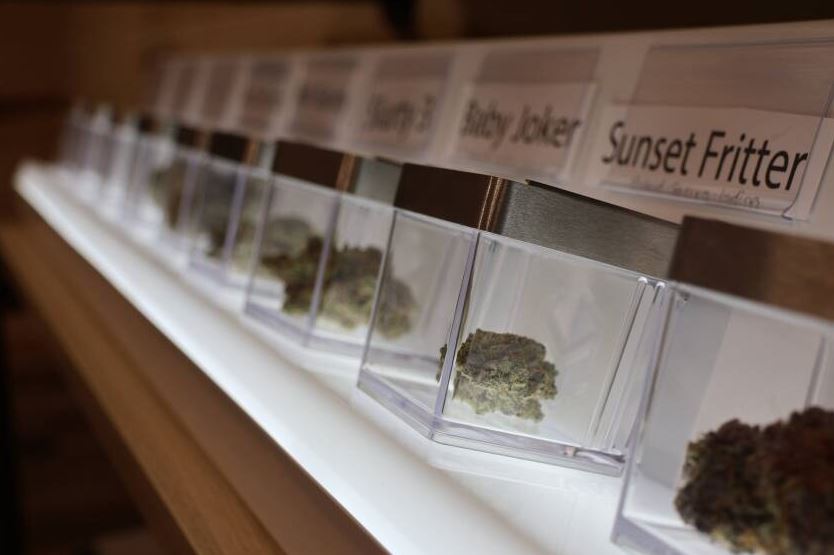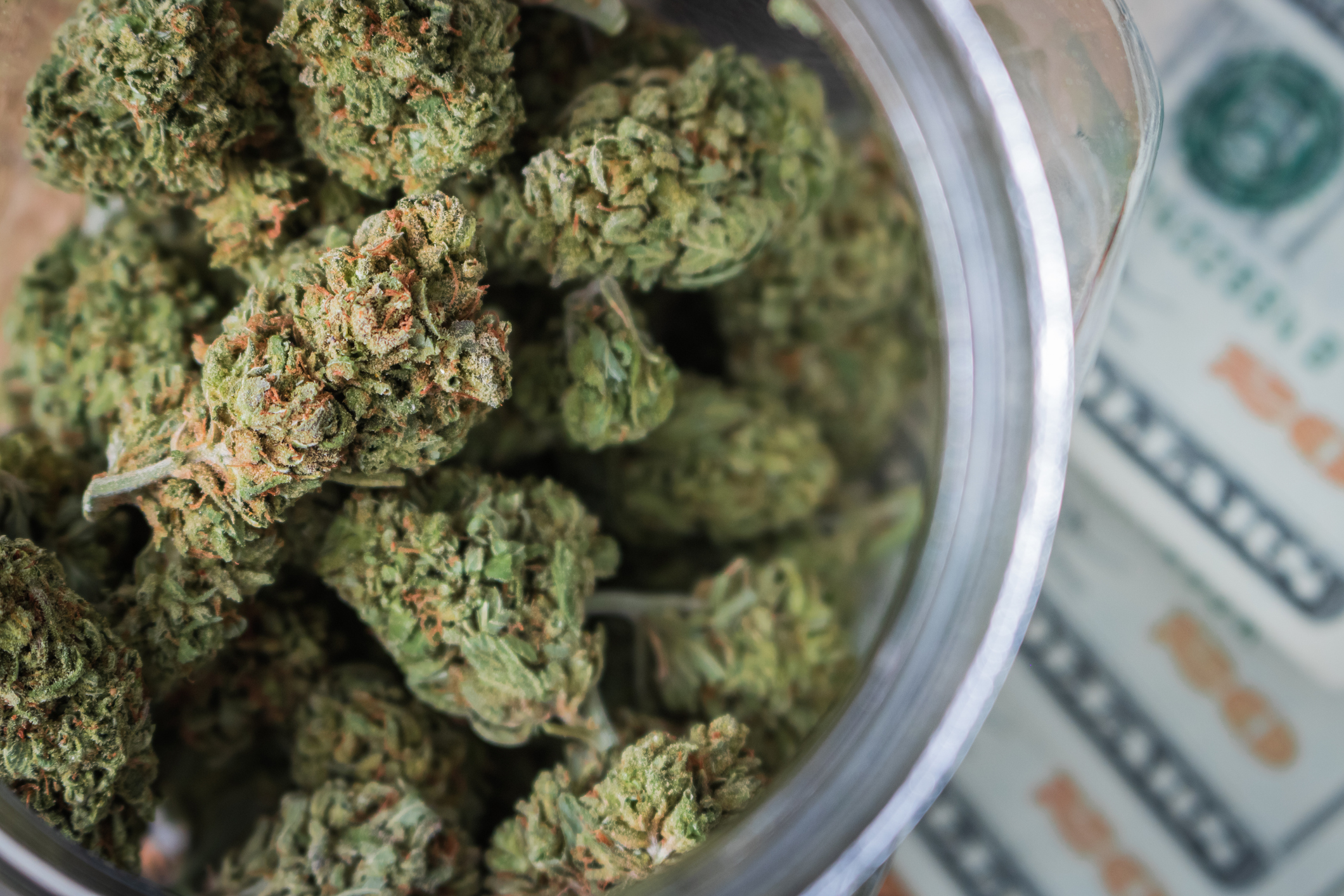National discourse around cannabis has reached a new point. Recently, former US President Donald Trump stated that his government is considering reclassifying marijuana federally. This has opened up widespread debate among policymakers, medical scientists, companies, and citizens at large. To make sense of it, one needs to examine the legal, political, and societal dimensions of cannabis in America now.
The Newts Marijuana Rescheduling News.
Over the past few years, marijuana has become more and more a part of the national conversation. Trump’s recent announcement creates a new dimension in the marijuana rescheduling news conversation. Today, marijuana is a Schedule I drug under the Controlled Substances Act, placed alongside drugs such as heroin and LSD. This grouping has previously restricted study, discouraged banking for cannabis companies, and kept in place harsh federal sanctions, even in legalization states. Trump’s comment implies that the federal government is rethinking the legal status of cannabis, which could have deep-reaching implications.
Understanding Cannabis Federal Reclassification.
The phrase cannabis federal reclassification implies the act of altering marijuana’s status in federal law. The status as a Schedule I substance currently means that cannabis is deemed to have “no accepted medical use” and has a high abuse potential. Reclassifying marijuana would potentially shift it to Schedule II or III, alongside drugs such as prescription opioids or some stimulants. This change would recognize the medical benefit of marijuana, make research possible, and relax restrictions on commercial use. This step would not necessarily legalize cannabis across the country but would lower federal roadblocks that impact patients, companies, and state governments.
Trump Cannabis Policy 2025 – A Closer Look.
Trump’s statements indicate a new trend in Trump’s cannabis policy for 2025. Traditionally, his administration played it safe, letting the states retain most of the regulatory authority and sometimes expressing approval for medical cannabis. This 2025 direction seems more proactive as it concentrates on the reclassification process at the federal level. If enacted, this policy would be a significant change in how cannabis is handled at the national level, filling in gaps between state legalization movements and federal control. People are eager to know if this is politics as usual, a move in response to public sentiment, or a part of an overall economic agenda.
Implications for States and Businesses.
Legalizing marijuana would have significant effects on states as well as the business world. States that legalized cannabis as a recreational or medicinal substance may experience greater congruence between state and federal laws, diminishing legal disputes. For businesses, reclassifying marijuana would translate to access to banking, easier tax reporting, and increased opportunities for growth. Cannabis business owners, especially, would find relief from lowered federal prohibitions, making for a more predictable and stable market. Investors and corporations are already observing intently because policy reform could reorganize the economic status of the cannabis market.
Medical Research and Public Health Considerations.
Probably one of the biggest advantages of federal reclassification centers on medical research. Presently, rigid laws restrict the number of studies and the breadth of clinical trials for treatments based on cannabis. Through the reclassification of cannabis federally, scientists would be able to explore more freely marijuana’s therapeutic capacity in managing chronic pain, epilepsy, post-traumatic stress disorder, and other ailments. Public health officials maintain that evidence-based studies would lead the way to safe use and less dependence on other drugs, including opioids. Whereas reclassification in itself cannot address all the issues, it provides the basis for more science-based policies.
Political Responses and Opinion.
The response to this news has been varied. Legalization supporters have greeted the step as a long-overdue acknowledgment of cannabis’s economic and medicinal worth. Opponents, on the other hand, are cautious, wondering if the policy will be enforced or create loopholes for abuse. Marijuana rescheduling reports tend to be contentious, and this statement is no different. Public opinion seems more in favor of federal reform, with surveys indicating robust support for medical access to cannabis and moderate support for the legalization of recreation. It is up to politicians in Congress and the states to decide if these debates are translated into actual reform.
Possible Roadblocks and Challenges.
There are challenges ahead despite the optimism. The process of federal reclassification requires several agencies, including the DEA, FDA, and possibly Congress. Legal analysts say that Trump’s cannabis policy 2025 might encounter delays because of bureaucratic challenges, regulatory compliance problems, and political resistance. Even assuming marijuana is rescheduled, taxation, interstate commerce, and international treaties would pose issues. Furthermore, balancing public safety and facilitating research as well as business opportunities will involve delicate coordination. All the stakeholders on all sides—patients, businesses, law enforcement, and policymakers—will need to cooperate on these challenges.
The Future of America’s Marijuana Policy.
In the future, reclassification of marijuana might be a watershed moment for U.S. drug policy. By removing federal obstacles, reclassifying marijuana would align state and national strategies, open up medical research, and spur economic development. The journey is complicated and politically difficult, but the dialogue itself is indicative of a more profound shift in social attitudes toward cannabis. Trump’s announcement is an indication that federal policymakers are considering these factors seriously, and it could motivate more legislative and regulatory activity in the future. As the debate rages on, keeping up to date with marijuana rescheduling news and federal reclassification of cannabis will be crucial for everyone involved in healthcare, law, or business.
Conclusion.
The news that Trump’s administration is considering the reclassification of marijuana is more than politics; it’s a possible turning point in American drug policy. From facilitating increased medical research to changing the business landscape, federal developments can provide openings previously inhibited by Schedule I barriers. As Trump’s cannabis policy 2025 evolves, supporters and detractors will scrutinize closely how these initiatives progress. To Americans invested in the cannabis sector, healthcare, or law, this is a crucial time to know how federal policy has the potential to redefine the future.




